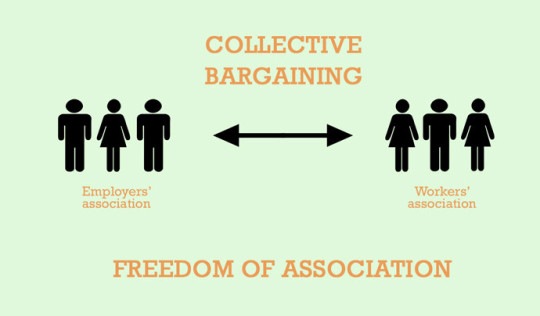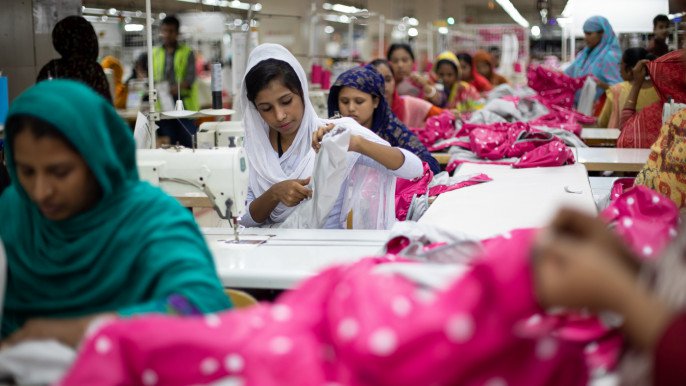Published in the New Age on May 19, 2017
Sustainability Compact partners on Thursday underscored the need for adequate protection against the anti-union activities as union is the key element to ensure the freedom of association in the readymade garment sector in Bangladesh.
In the third review meeting of Sustainability Compact on Readymade Garment and Knitwear Industry in Bangladesh held in Dhaka, the partners also stressed inclusive consultation towards the amendment of Bangladesh Labour Act for associating regulations to address the recommendations of the International Labour Organisation.
In the review meeting, the Compact partners especially the European Union, the US and Canada called upon the government of Bangladesh to review urgently the complaints pending against trade union leaders at Ashulia industrial area.
The Sustainability Compact also pressed for promoting responsible business conduct and called on brands and buyers to adopt RBC practices and a unified code of conduct for factory audits in Bangladesh.
Sustainability Compact on Readymade Garment and Knitwear Industry in Bangladesh was formed by Bangladesh and European Union after Rana Plaza disaster to ensure workplace safety, workers’ rights and responsible business conduct. The US and Canada later joined it.
Following the review meeting a joint declaration was made at a press conference at Radisson Blu hotel in the city attended by representatives from Compact partners from Bangladesh, the EU, the US, Canada and ILO.
Commerce Minister Tofail Ahmed, Madelaine Tuininga head of Unit for Trade and Sustainable Development, Generalised System of Preferences, Directorate General for Trade, EU, Rakesh Patry, director general, International and Intergovernmental Labour Affairs, Canada, among others were present at the conference.
Recognizing the contribution of Accord and Alliance, they agreed on the need for the National Initiative and Accord and Alliance to commence where not started and advance remediation work.
They also encourage private initiatives to remain engaged with the Bangladesh government and to renew their commitments to working for safer RMG factories in the coming years.
The minister said there would be no problem regarding the EU GSP saying Bangladesh had already made progress regarding labour rights.
 CPD RMG Study Stitching a better future for Bangladesh
CPD RMG Study Stitching a better future for Bangladesh




